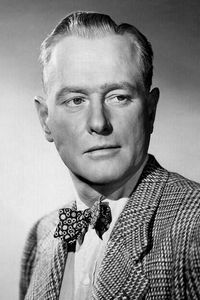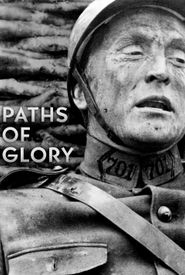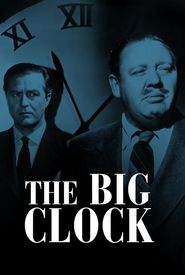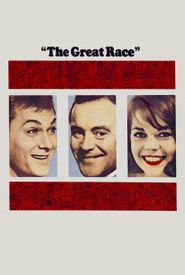George Macready, a name that may not ring a bell for most, but his voice would be unmistakable. He attended and graduated from Brown University and had a short stint as a New York newspaperman, but became interested in acting on the advice of Richard Boleslawski, a colorful Polish émigré classical stage director.
Macready made his Broadway debut in "The Scarlet Letter" in 1926, and his Broadway career extended to 1958, with 15 plays, mainly dramas but also some comedies, with the lion's share of roles in the 1930s. He co-starred with Katharine Cornell in "The Barretts of Wimpole Street" and with Helen Hayes in "Victoria Regina" twice.
Macready's aquiline features, distinctive high-brow bottom-voiced diction, and superior, nose-in-the-air delivery made him perfect as the cultured bad guy. He did not turn to films until 1942 and did not fully commit until 1944, with a host of both well-crafted and just fair movies until the end of World War II.
His standout role was the silver-haired, dark-suited, and mysteriously rich Ballin Mundson in "Gilda" (1946),who malevolently inserted himself into the lives of Rita Hayworth and Glenn Ford. He averaged six or more films per year throughout the 1940s, appearing not only in dramas and thrillers but also period pieces and even some westerns.
By the early 1950s, he had sampled the waters of early TV, with many appearances on anthology series, including "Four Star Playhouse," "The Ford Television Theatre," and "Alfred Hitchcock Presents." He became a familiar presence in episodic TV series, including westerns, crime dramas, and classic sci-fi and horror series.
Macready's performance stood out in Stanley Kubrick's classic anti-war film "Paths of Glory" (1957),as the ambitious French Gen. Paul Mireau, a fanatic and martinet whose lust for fame and glory led to the deaths of hundreds of French soldiers.



































































































